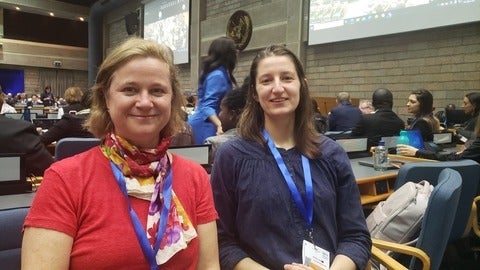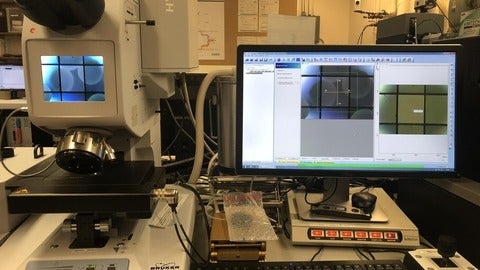Microplastics Fingerprinting team members release standard operating procedure for microplastic extraction from environmental samples
The Microplastics Fingerprinting project is working towards better understanding of microplastic pollution in the natural environment, including the quantities, particle sizes, and composition of plastics found in sediments, soils, and water. This work requires recovering microplastic particles from different types of environmental samples (i.e., matrices). However, there is an overall lack of standardization across the methods people use to do this extraction in a way that ensures results can be compared and quantified across projects.








